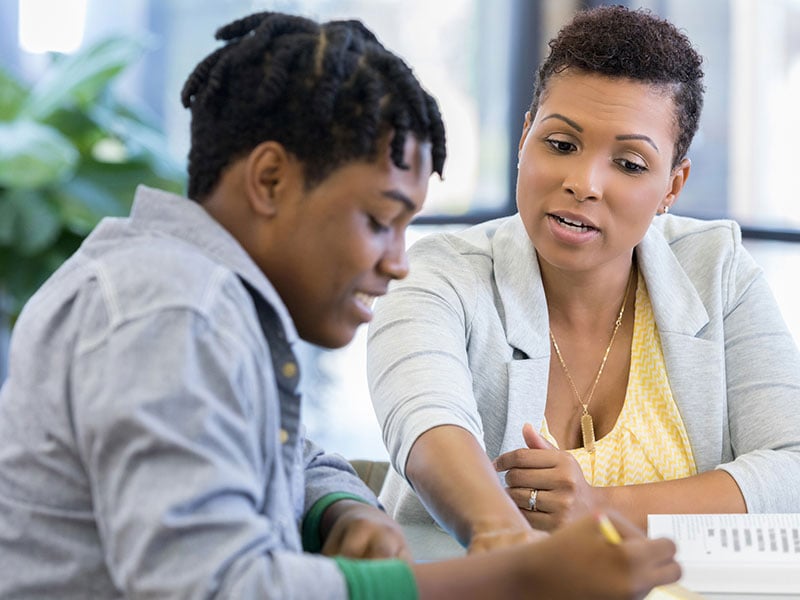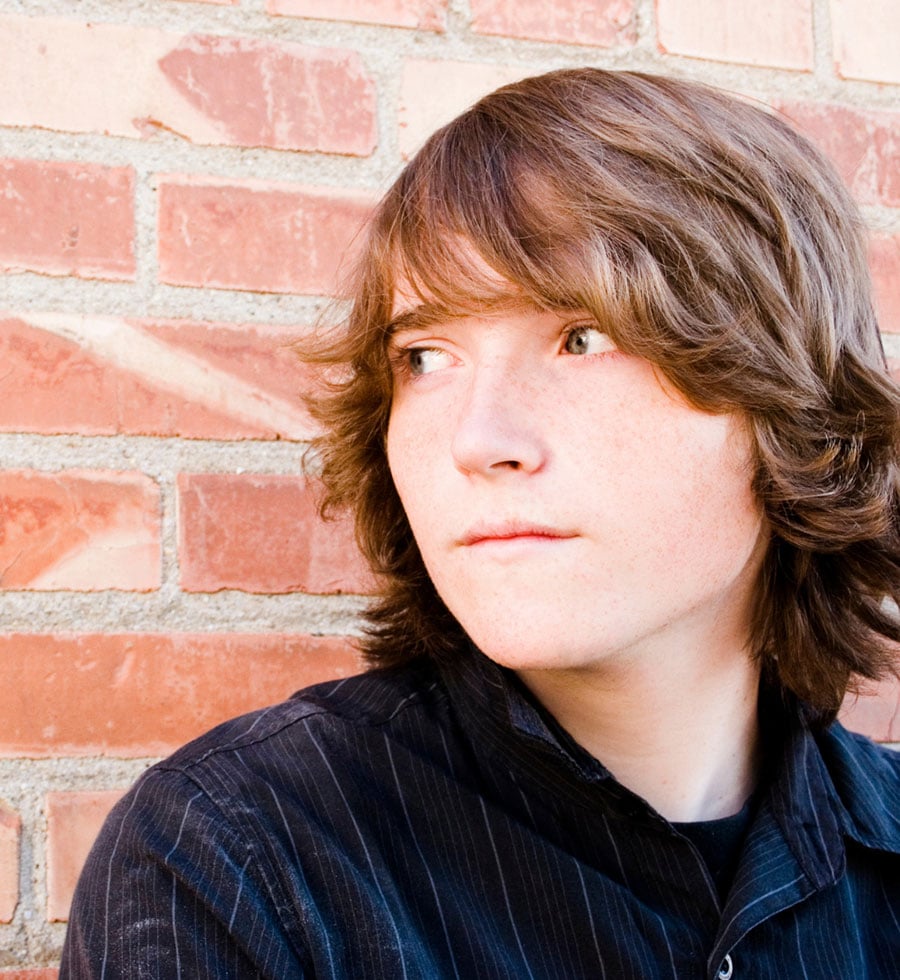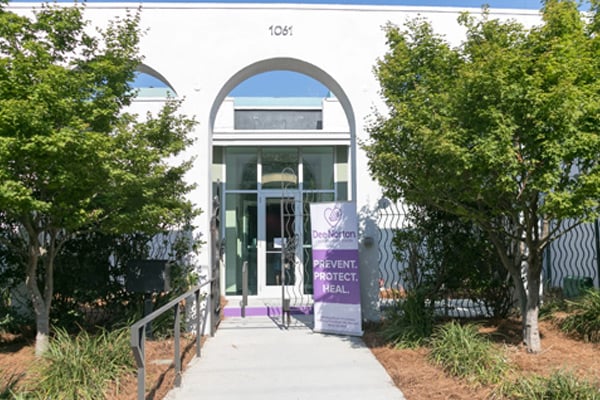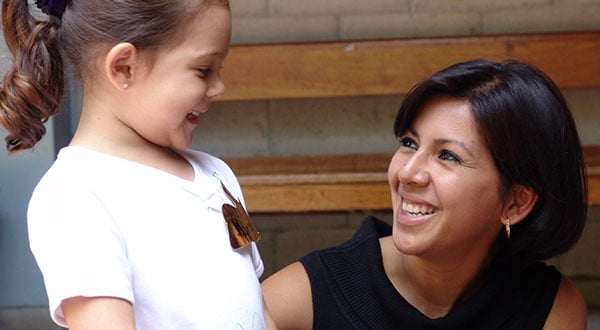If you live in South Carolina and suspect abuse by a family member who has responsibility for taking care of the child, contact the South Carolina Child Abuse Hotline at (888) CARE4US® / (888) 227-3487.
If you live in the Lowcountry area and need assistance with this process, call us at (843) 723-3600.
If you live outside of South Carolina and need help, call National Child Abuse Hotline at (800) 4ACHILD® / (800) 422-4453.
If you suspect abuse by someone who does not have caregiver responsible for the child, contact your local law enforcement jurisdiction:







